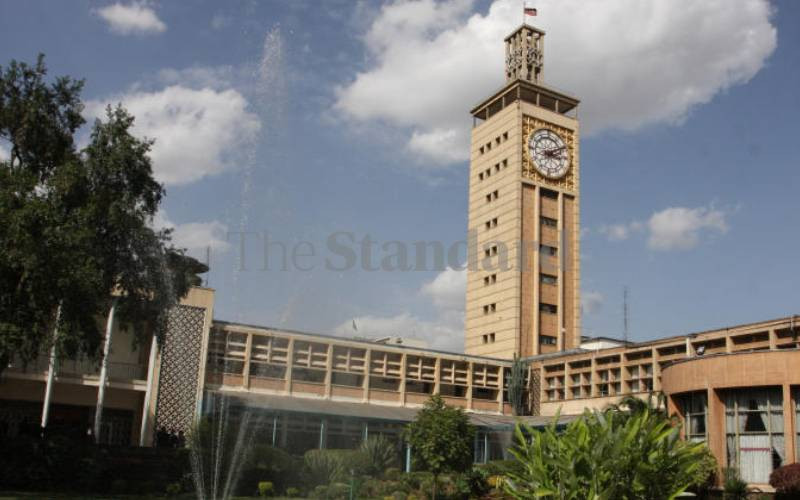×
The Standard e-Paper
Fearless, Trusted News

Kenya is on the edge of a major legal crisis due to government officials' sloppiness in anchoring at least 400 Acts of Parliament in the 2010 Constituion.
The Law Society of Kenya (LSK) has now moved to the High Court seeking to have 1,764 rules and regulations contained in the pieces of legislation declared illegal.